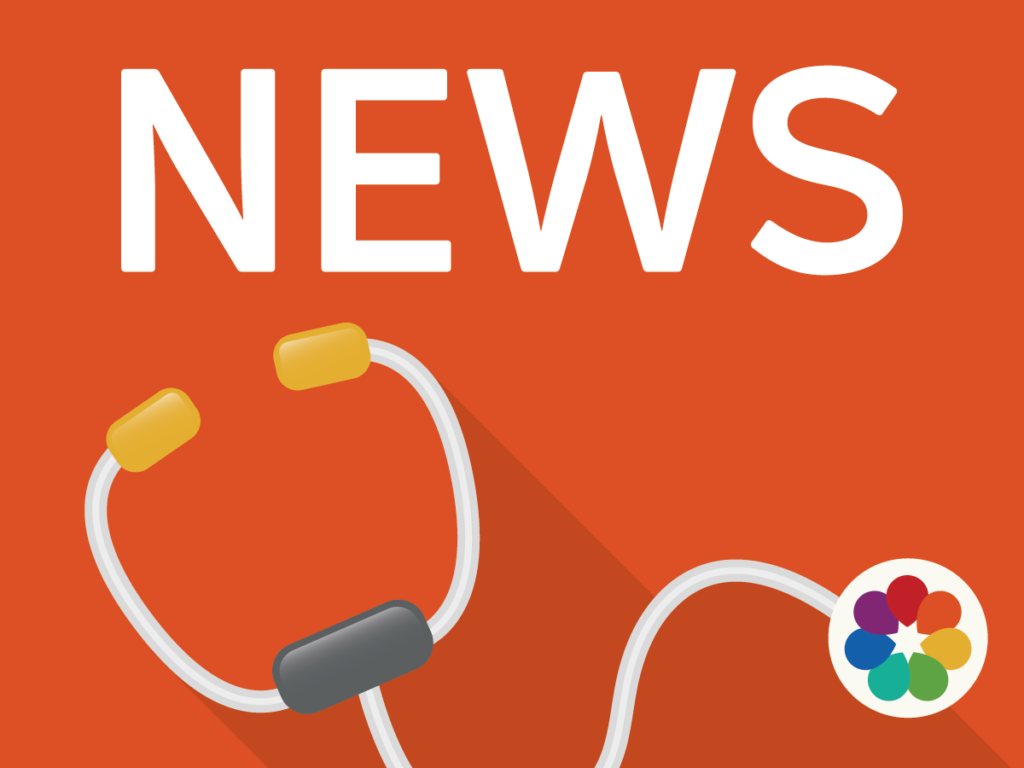Most people who experience “red flag” cancer symptoms will not contact their GP, increasing the risk of cancer going undetected, according to a new survey.
GP leaders called for the “necessary resources” to build confidence among the public that they would be seen by a GP if they sought help from their local practice. The Cancer Research UK commissioned survey found that nearly one in six people questioned by pollsters reported having red flag symptoms, including new and unusual lumps and unexplained weight loss. Researchers found that 50% of respondents said they had not gone to a GP within six months of noticing symptoms.
The study also found a class and income divide among those seeking GP help. 81% of those from social groups ABC1 – tending to be higher earners and having more education – made an appointment when they sought to contact their GP. 60% of these patients then returned to the GP when symptoms persisted. Among the C2DE groups, 74% made an appointment when they contacted the GP and 48% returned when symptoms persisted. Pollsters YouGov questioned 2,468 people and 443 reported experiencing a red flag symptom.
Professor Katriina Whitaker, from Cancer Research UK, said: “People from lower socioeconomic backgrounds are more likely to face barriers at every stage of cancer care. But the first step of getting to the doctor can seem like the hardest. Help seeking is a huge hurdle for many people with cancer symptoms to overcome. It’s not only about knowledge of symptoms, but also social support, where you live, occupation and access to information.
“Campaigns promoting symptom awareness and the importance of diagnosing cancer early are great ways to start conversations that lead people or their loved ones to take action. Where necessary, it’s important to target groups who are less likely to recognise cancer symptoms. The message from government during the COVID-19 pandemic was to stay at home, but now, if something doesn’t feel right, people should feel comfortable and confident to speak to their doctor.”
Royal College of GPs vice-chair Dr Gary Howsam said: “Against a backdrop of increasing workload and falling GP numbers, overall referrals by GPs through rapid suspected cancer pathways are 20% higher than pre-pandemic levels. What’s more, more than 75% of patients who are found to have cancer are being referred after just one or two consultations, showing that GPs are doing a good job at identifying suspected cancers and referring appropriately.
“Consulting remotely has benefits. For many patients, remote consultations are convenient and make accessing care and services easier. But as this study suggests, they are not suitable for all health needs. This is why GPs and our teams continued to see patients in person throughout the pandemic, and why almost two thirds of consultations are currently being delivered in this way. We urgently need to see action from government to provide GPs and our teams with the necessary resources to improve the early detection of cancer, including a sufficient workforce, and better access to diagnostic testing in the community, to ensure these patients receive the diagnosis and treatment that they need quickly.”





0 Comments